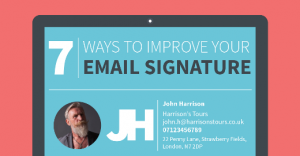By Julia Herbst
We’ve all been there: You see a job description that seems perfect. You’ve got the right experience, it’s at a company you admire, and even the pay range seems decent. You should apply! But, inevitably, that means submitting a customized cover letter. Or at least revising the last one you agonized over.
Here at the Work Life section, we get how daunting it can feel to write a cover letter—even when you’re genuinely excited for the job. What do you say? Should you really write a creative hook, or is that cheesy? Can you use ChatGPT? What actually makes a letter stand out to recruiters?
Think of the letter as a chance to do one main thing, writes Marc Cenedella, founder of job search site Ladders: It connects “the positive achievements of your past and future to the present needs of future employers.”
There are also things you definitely want to avoid in a cover letter, says hiring manager Sara McCord. “First things first, I skim the document for anything that could be disqualifying,” she writes. “That includes typos, a “Dear Sir or Madam” or “To Whom It May Concern” salutation, or a vibe so nonspecific that it reeks of find-replace.”
Remember, your cover letter shouldn’t just repeat the same information that you include in your résumé. (We’ve got a whole separate guide on how to ensure your résumé shines, too.) It can be a great place to let your natural enthusiasm for the role come through, writes contributor Judith Humphrey. Sure, they can be a little daunting, but they can also give you the necessary edge over other candidates—especially ones who don’t bother to write a custom message.
“Writing letters may seem old-school, but cover letters do have a number of benefits,” writes Humphrey. “A cover letter gives you an opportunity to personalize your submission, show your interest in and knowledge of the hiring company, and set forth your credentials in a way that is not as formulaic as in your résumé.”
(0)






